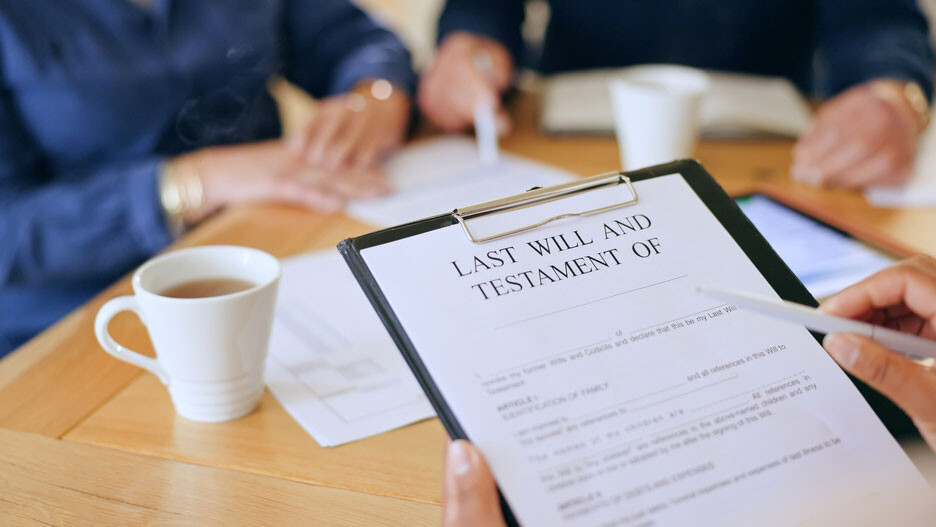Photo: Yuri A/Shutterstock
Technology, particularly relating to communication, is ubiquitous and ever-expanding in scope and ability. From text messaging to social media, there are seemingly more ways to communicate now than ever before.
Is that correspondence admissible at trial?
Trials are governed by the rules of evidence. These rules are detailed, nuanced, and not always intuitive.
As practitioners, we typically become involved in estate disputes weeks, months, or even years after the initial dispute breaks out. During this time, a great deal of potentially relevant evidence has likely been generated through the exchange of emails, texts, letters, and the like.
A typical situation we see involves an elderly person who begins to show signs of losing mental capacity. Then an unscrupulous person “enters” the life of the elderly person, begins to take “care” of the elderly person, and begins to “help” the elderly person with their finances and medical care. Then the elderly person’s estate plan (trust, will, power of attorney) “changes” dramatically to the benefit of the unscrupulous person (and to the detriment of former beneficiaries). As a result, the former beneficiaries of the elderly person begin to ask the unscrupulous person about the changes. The unscrupulous person may send correspondence in return. The elderly person may correspond with the former beneficiaries, too.
These communications typically come in the form of emails, texts, and letters. Sometimes, people post on social media about the disputes. There may even be voicemails or handwritten notes. All of these items are potentially relevant to the dispute and subsequent litigation.
In addition to being relevant, such correspondence can potentially be used as exhibits at trial. This may be surprising for some as many people may think that their prior emails, letters, texts, social media postings, etc. relating to the estate dispute will not be admissible. Some may think that they are inadmissible as hearsay since such statements are in writing and not made in court. However, this is incorrect.
Hearsay is an out of court statement offered for the truth of the matter asserted. Generally, hearsay evidence is inadmissible. However, the rules of evidence set forth many exceptions to this general rule. In other words, hearsay evidence can be admissible in certain circumstances.
It is important to know that this pre-litigation correspondence is potentially admissible at trial under one or more exceptions to the hearsay rule. Specifically, one such exception provides that hearsay evidence can be admissible if it constitutes an admission of a party opponent, and is offered against that party. Va. S. Ct. R. 2:803(0). A common example of this would be a letter sent by the opposing party in the case, even before the litigation commenced. There are benefits and downsides with introducing such evidence so it is important to work proactively with your counsel to create an effective trial strategy.
The rules of evidence are complicated. In Virginia, parties have a legal duty to preserve evidence potentially relevant to reasonably foreseeable litigation, even if no suit has been filed (for a more-detailed summary of such duty, please review our Firm’s recent blog post). To best prepare your position in your estate dispute, it is best to contact competent legal counsel as soon as possible.

